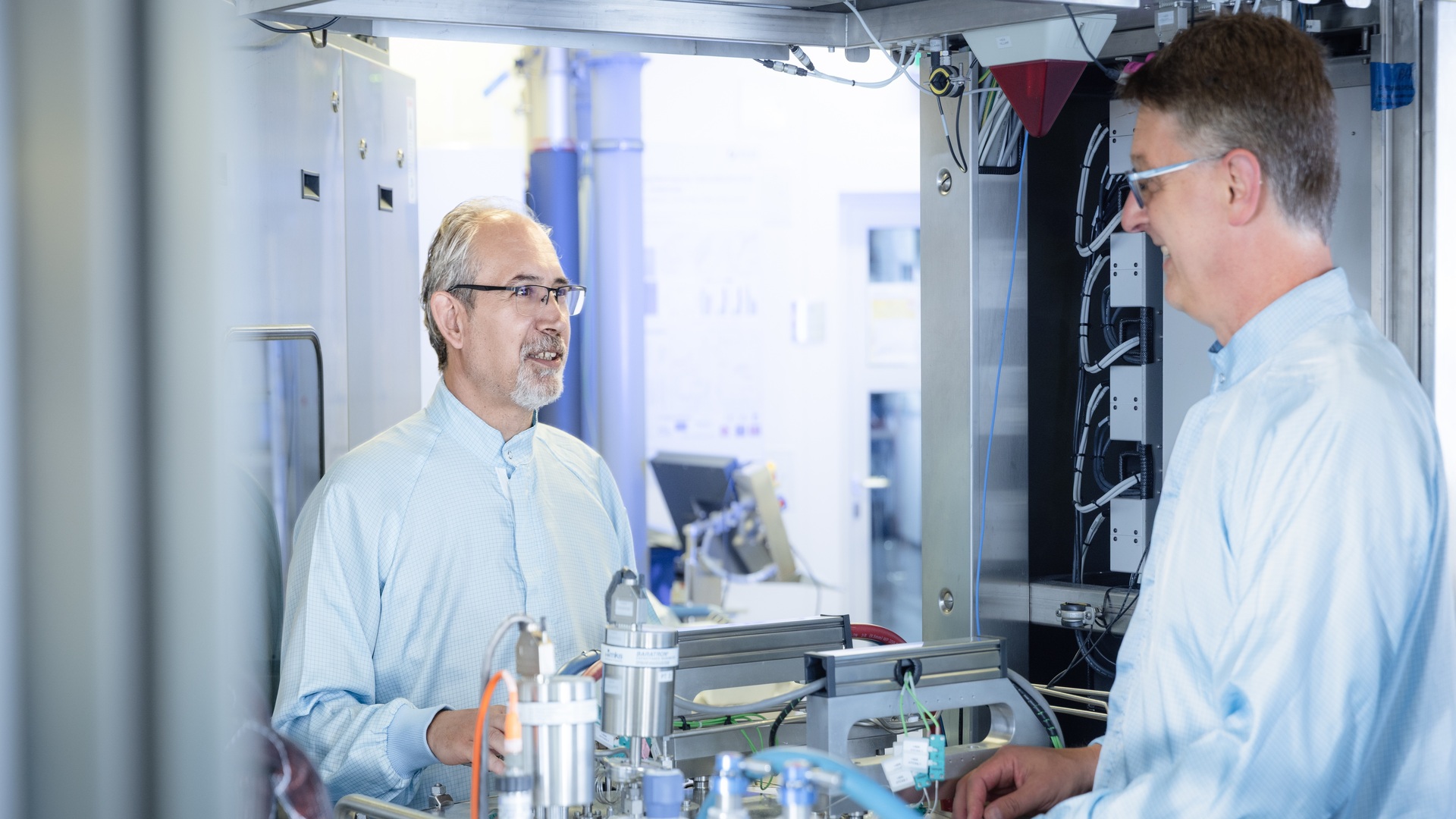Germany creates first-ever hybrid alloy for next-gen quantum chips

Source: interestingengineering
Author: @IntEngineering
Published: 7/15/2025
To read the full content, please visit the original article.
Read original articleResearchers in Germany have developed a groundbreaking hybrid semiconductor alloy composed of carbon, silicon, germanium, and tin (CSiGeSn), marking the first stable material of its kind. Created by teams at Forschungszentrum Jülich and the Leibniz Institute for Innovative Microelectronics, this new compound belongs to Group IV of the periodic table, ensuring full compatibility with existing CMOS chip manufacturing processes. The addition of carbon to the silicon-germanium-tin matrix enables unprecedented control over the band gap, a key factor influencing electronic and photonic properties, potentially allowing innovations such as room-temperature lasers and efficient thermoelectric devices.
This advancement overcomes previous challenges in combining these four elements due to differences in atomic size and bonding behavior, achieved through an advanced chemical vapor deposition (CVD) technique. The resulting material maintains the delicate crystal lattice structure essential for chip fabrication and is visually indistinguishable from conventional wafers. The team successfully demonstrated the first light-emitting diode (LED) based on a quantum well
Tags
materialssemiconductorquantum-computingalloysiliconphotonicsmicroelectronics